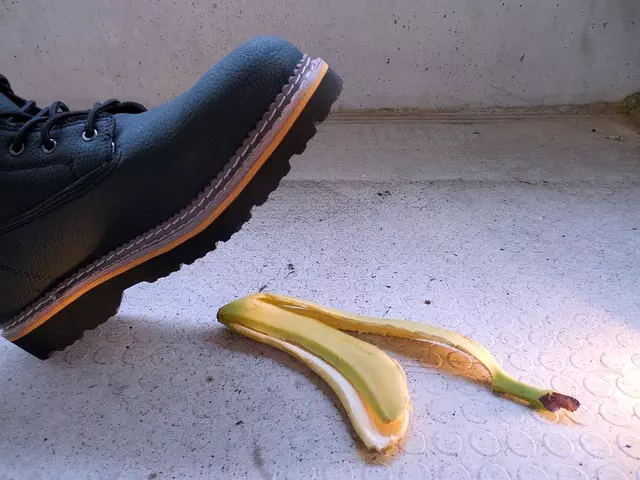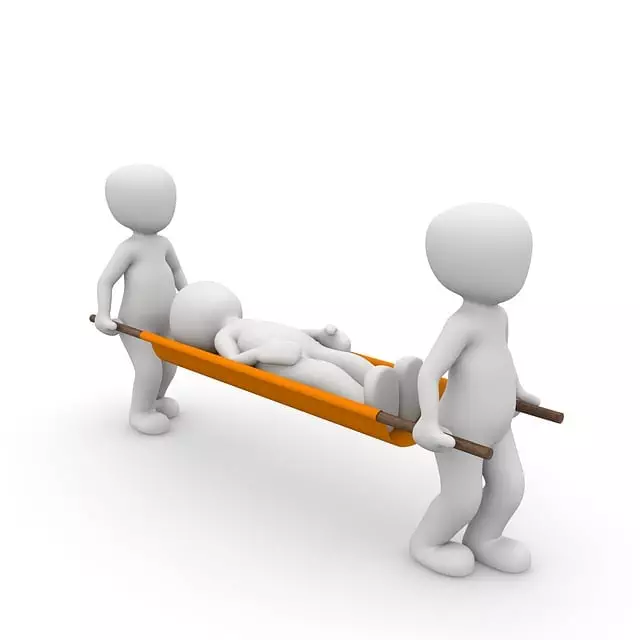Closed head injuries in New York, often caused by accidents or defective products, have significant legal implications. Victims can seek compensation through personal injury lawsuits or product liability claims, as New York laws prioritize victim rights. Specialized legal professionals help navigate these complex cases, ensuring accountability for manufacturers and retailers responsible for hazardous products causing closed head injuries or other harm.
In Queens, New York, defective products can lead to severe injuries, including closed head injuries. Understanding the legal implications of such incidents is crucial for consumers whose lives have been turned upside down by faulty goods. This article delves into product liability law in New York, exploring rights, responsibilities, and compensation for victims. From navigating legal complexities to securing justice, learn how legal experts play a pivotal role in helping those affected by defective products seek the redress they deserve, especially when dealing with closed head injuries.
- Understanding Closed Head Injuries: Legal Implications in New York
- When Products Cause Harm: Liability for Defective Goods in Queens
- Navigating Product Liability Law: Rights of Consumers Affected by Defective Products
- Compensating for Medical Expenses and More: Damages in Personal Injury Cases
- The Role of Legal Experts in Securing Justice for Defective Product Victims
Understanding Closed Head Injuries: Legal Implications in New York

Closed head injuries, often occurring due to accidents or trauma, can have significant legal implications in New York. These types of injuries are characterized by a blow or jolt to the head that disrupts normal brain functioning, but typically do not result in visible external wounds. In the context of personal injury law, closed head injuries can be complex and their effects may not manifest immediately. Legal professionals specializing in defective product cases involving such injuries must consider various factors.
In New York, the legal framework surrounding closed head injuries varies based on the circumstances. For instance, if a defective product or negligence led to a blow to the head, individuals may have grounds for compensation through personal injury lawsuits. The state’s laws prioritize victim rights and ensure that those affected by such incidents receive fair redress. Understanding the specific legal definitions and standards related to closed head injuries is crucial for both plaintiffs and defense attorneys navigating these cases in New York.
When Products Cause Harm: Liability for Defective Goods in Queens

When products reach consumers, they are expected to function safely and as intended. However, defective goods can cause harm, leading to severe injuries and even life-changing consequences. In Queens, New York, individuals who suffer from a closed head injury or other harm due to faulty products have legal rights.
Product liability law holds manufacturers, distributors, and retailers accountable for selling items that pose an unreasonable risk of harm to consumers. If a defective product causes injury, affected parties can pursue compensation through personal injury claims. This process aims to not only provide financial relief but also encourage companies to ensure product safety and accountability.
Navigating Product Liability Law: Rights of Consumers Affected by Defective Products

When a consumer purchases a product, they expect it to be safe and free from defects that could cause harm. Unfortunately, defective products can lead to serious injuries, including closed head injuries in New York. In such cases, navigating product liability law is crucial for consumers who have been affected.
Product liability law protects consumers by holding manufacturers, distributors, and retailers accountable for selling products with inherent faults or design flaws that result in harm. Consumers who sustain injuries due to defective products have the right to seek compensation for their medical expenses, pain and suffering, lost wages, and other related damages. This process involves understanding strict liability principles, which mean that proof of negligence is not always required to establish liability—merely demonstrating that a product was defective and caused an injury.
Compensating for Medical Expenses and More: Damages in Personal Injury Cases

When a defective product causes an injury, victims often face significant medical bills and other associated costs. In personal injury cases, damages are awarded to compensate for these expenses and more. This can include reimbursement for all reasonable and necessary medical care related to the injury, such as hospital stays, surgeries, physical therapy, and ongoing rehabilitation.
In addition to medical expenses, victims may also be entitled to compensation for pain and suffering, loss of enjoyment of life, and other non-economic damages. For severe injuries like closed head injuries in New York, which can have long-lasting effects on a person’s ability to work, think clearly, or engage in everyday activities, the potential for substantial damages exists. These awards are intended to provide victims with the resources they need to recover and rebuild their lives after being harmed by defective products.
The Role of Legal Experts in Securing Justice for Defective Product Victims

When a defective product causes harm, victims in Queens or anywhere in New York deserve justice and compensation. Legal experts specializing in defective product cases play a crucial role in securing this justice. They help individuals who have suffered injuries, such as closed head injuries, navigate complex legal systems and understand their rights.
These attorneys investigate the incident, gather evidence, consult with medical professionals, and negotiate with manufacturers or retailers to ensure victims receive fair and adequate compensation for their physical, emotional, and financial losses. Their expertise is vital in holding negligent parties accountable, ensuring product safety, and providing closure and support to those affected by defective products.
